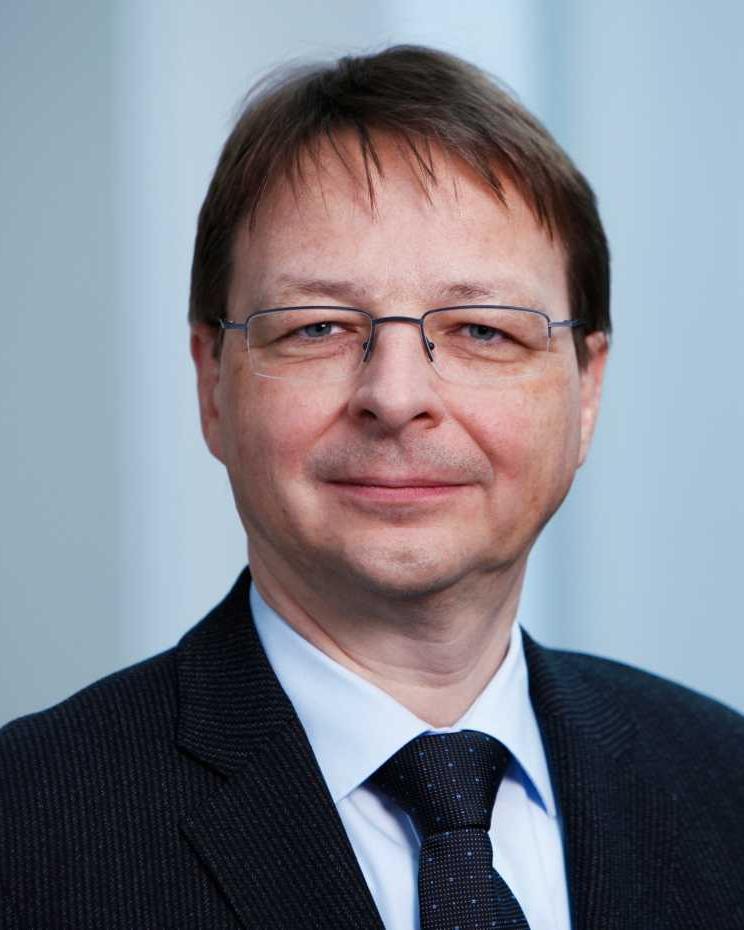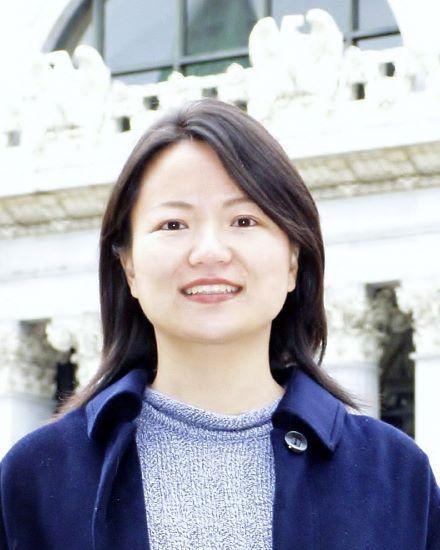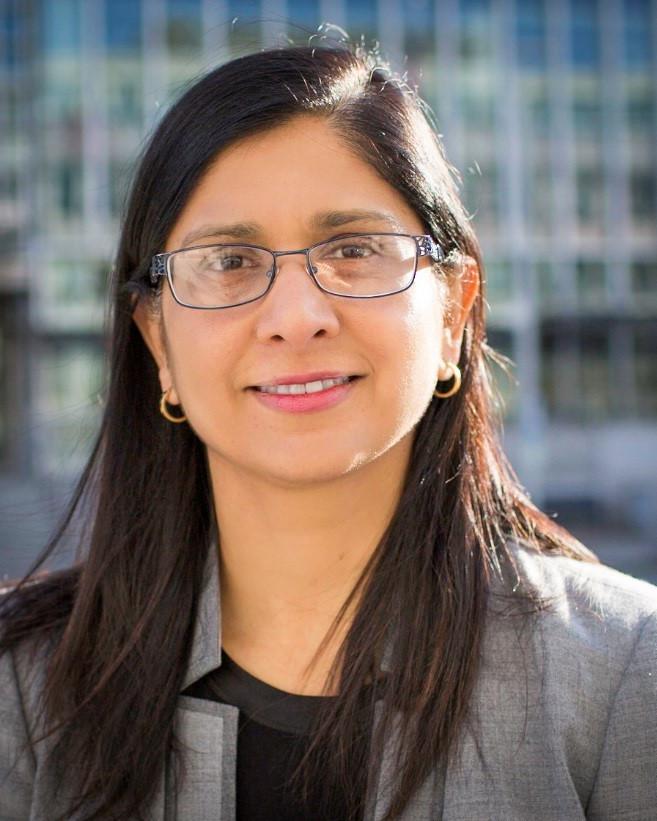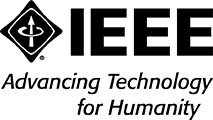Monday, October 28th
"Concepts for Ultra Low Power Sensors"
Abstract
We report on recent progress on ultra-low power and zero power sensor systems. We consider ultra-low power (ulp) sensors a grand objective for miniaturized, i.e. non-intrusive, autonomous and ubiquitous sensor system for all applications, where continuous power supply is not available, expected life time is longer than battery capacity or regular battery exchange is too expensive.
Tuesday, October 29th
"Remote vital sign detection and sensing"
Abstract
The vital sign detection and sensing based on microwave Doppler radar has the capability of measuring vital sign signals, such as heartbeat and respiration, without directly attaching electrodes to the skin, and can measure the vital sign at a distance or even through obstacles. With the emerging of miniaturized and cost effective microwave/millimeter-wave radars, non-contact vital sign sensing is enabling a wide range of potential applications, from post-disaster survivor search and rescue, remote healthcare, home patient monitoring, cardiovascular disease prediction to cardiac biometrics. It also brings new challenges both in hardware and software to researchers. This talk will cover some recent technological development in this field and discuss some significant challenges that need to be addressed.
Wednesday, October 30th
"Body powered sensors for continuous physiological, biochemical and environmental sensing"
Abstract
In this talk, we will report on our latest progress on body powered sensors to enable continuous and vigilant sensing of critical health and environmental parameters. The ability to achieve self-powered operation depends on engineering both sides of the power problem: energy generation and energy consumption. This talk will cover advances in harvesting body heat and body motion as well as minimizing power consumption in electronics and sensors. Implementation of these systems in various health use cases will be presented.




